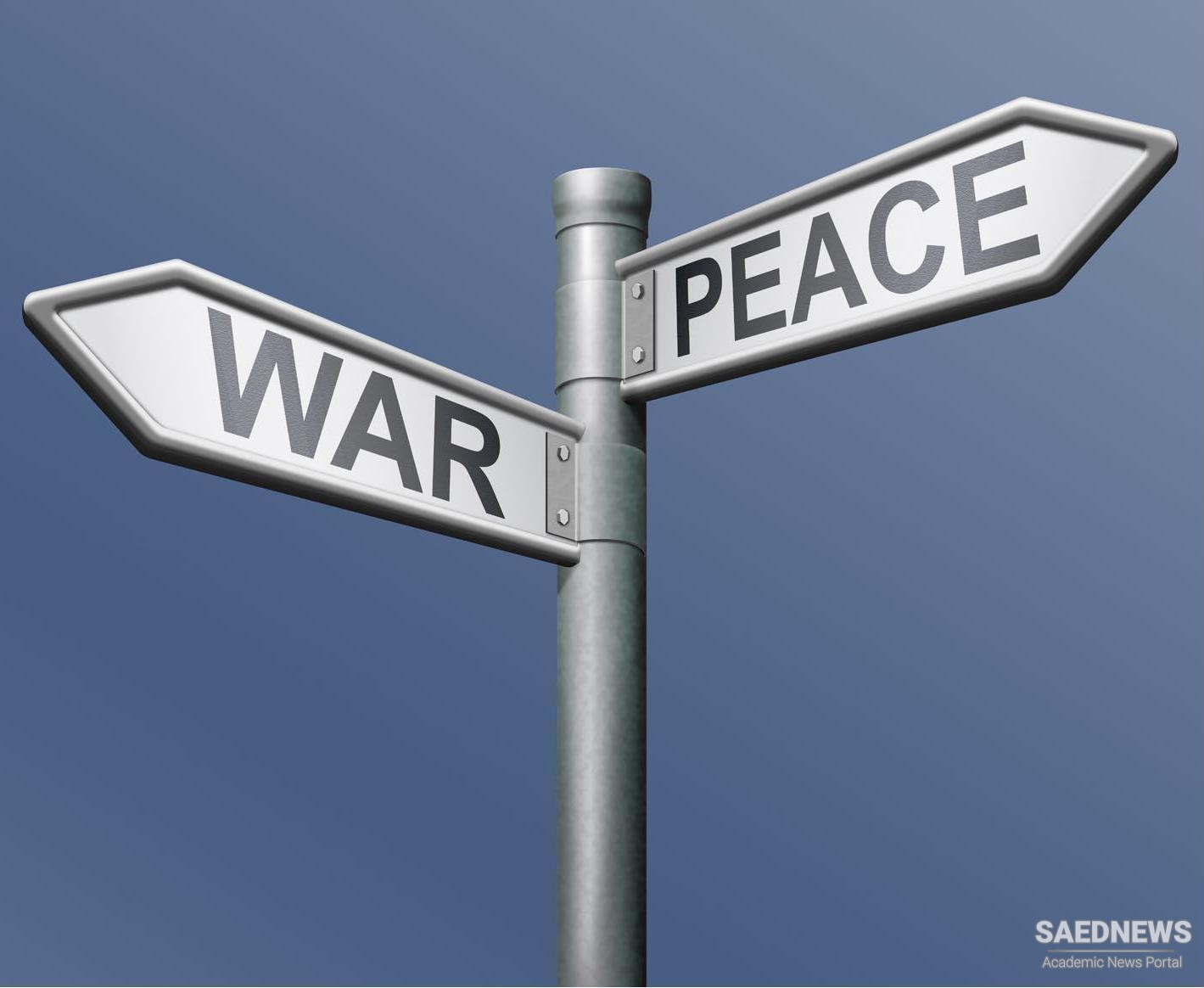Peace societies emerged in the nineteenth century, but it was only in the twentieth century that peace movements as we presently understand them came into existence. Large-scale mobilizations against war took place in the years before and after World War I, during the 1930s, and especially in response to the Vietnam and Iraq wars. These movements challenged government policy, particularly that of the United States, and were generally anti-imperialist in outlook. Mobilizations for disarmament occurred during the interwar years and re-emerged in the cold war as a response to the threat of nuclear war. Disarmament activism reached a peak with the massive nuclear freeze and disarmament campaigns of the 1980s. Some of those organizing antiwar and disarmament campaigns were absolute pacifists, rejecting the use of force for any purpose, but most were more pragmatic and conditional in their rejection of war. They opposed dangerous weapons policies and unjust wars, but not all uses of force. Still the purist position often predominated, conveying an impression of implicit pacifism that limited the peace movement’s public appeal. Many opponents of war have emphasized the need for constructive alternatives. During the 1934–5 Peace Ballot in Britain the League of Nations Union (LNU) organized an informal vote on British security policy in which 11.6 million citizens participated. Among the options presented and endorsed was the use of multilateral sanctions, economic and even military, to counter aggression by one nation against another. The ballot results pressured the British government to propose League of Nations sanctions against Italy. During the nuclear freeze campaign of the 1980s US activists urged a bilateral halt to the testing, production, and deployment of nuclear weapons. European disarmament campaigners urged an end to both Soviet and US intermediate-range nuclear forces (INF) in Europe, which NATO officials effectively adopted as the “double zero” proposal, with zero INF weapons in Europe on both sides. During the Iraq antiwar debate many activists called for continued weapons inspections and targeted sanctions as alternatives to war and effective means of containing Saddam Hussein. In the debate over the so-called “war on terror” peace scholars and activists have insisted that terrorism as a tactic cannot be defeated by war. They have advocated alternative strategies for countering terrorism based on multilateral action, cooperative law enforcement, and the amelioration of political grievances.


 Disciplinary Peace: Systematic Study of Peace
Disciplinary Peace: Systematic Study of Peace














































